Fast fashion companies Asos and Boohoo are expecting cuts in profitability compared to earlier years owing to global supply chain issues, as the world economy seeks to ramp up following COVID-19.
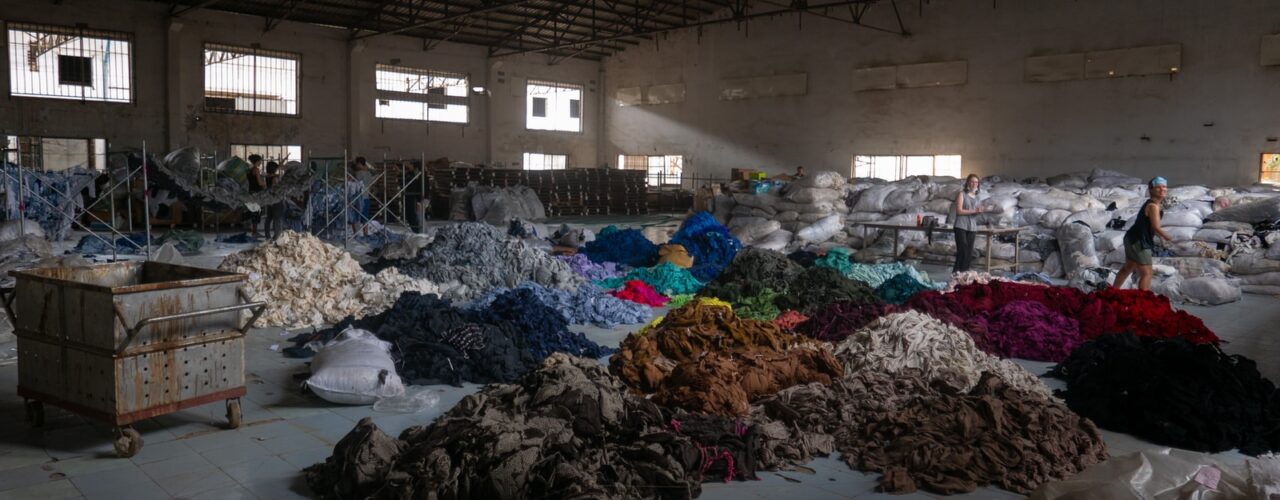
So what?
Fast fashion’s business model of promoting high levels of consumption of cheap, low-quality clothing is harmful for the planet. The harms are also unevenly distributed. Most production happens in low-income countries; the clothes quickly make their rounds in richer countries, before pilling up in landfills in other low-income countries.
The current global supply chain crisis has provided a setback to fast fashion companies’ model of transporting huge quantities of cheap products from low-income regions to the developed. As the supply chain issues are expected to last for some time, these companies might see further profit losses. These developments might support a move towards developing regional supply chains that are more resilient and a possible shift towards more sustainable low-consumption business models.
Yet, these might just be pipe dreams. Other fast fashion companies such as the Chinese e-commerce brand Shein have grown rapidly over the pandemic, and even Alibaba recently launched its own fast fashion e-commerce brand. So while environmental consciousness might be said to be high among younger generations, fast fashion companies are becoming greatly successful by leveraging the power of the internet and the presence of younger, less-affluent shoppers there.
Sources
-
 Bleak outlook: Asos 'not keeping up with fast fashion rivals' after supply chain pressures https://www.cityam.com/bleak-outlook-asos-not-keeping-up-with-fast-fashion-rivals-after-supply-chain-pressures/
Bleak outlook: Asos 'not keeping up with fast fashion rivals' after supply chain pressures https://www.cityam.com/bleak-outlook-asos-not-keeping-up-with-fast-fashion-rivals-after-supply-chain-pressures/ -
 You thought the pandemic killed fast fashion? Not even close https://www.fastcompany.com/90688828/you-thought-the-pandemic-killed-fast-fashion-not-even-close
You thought the pandemic killed fast fashion? Not even close https://www.fastcompany.com/90688828/you-thought-the-pandemic-killed-fast-fashion-not-even-close -
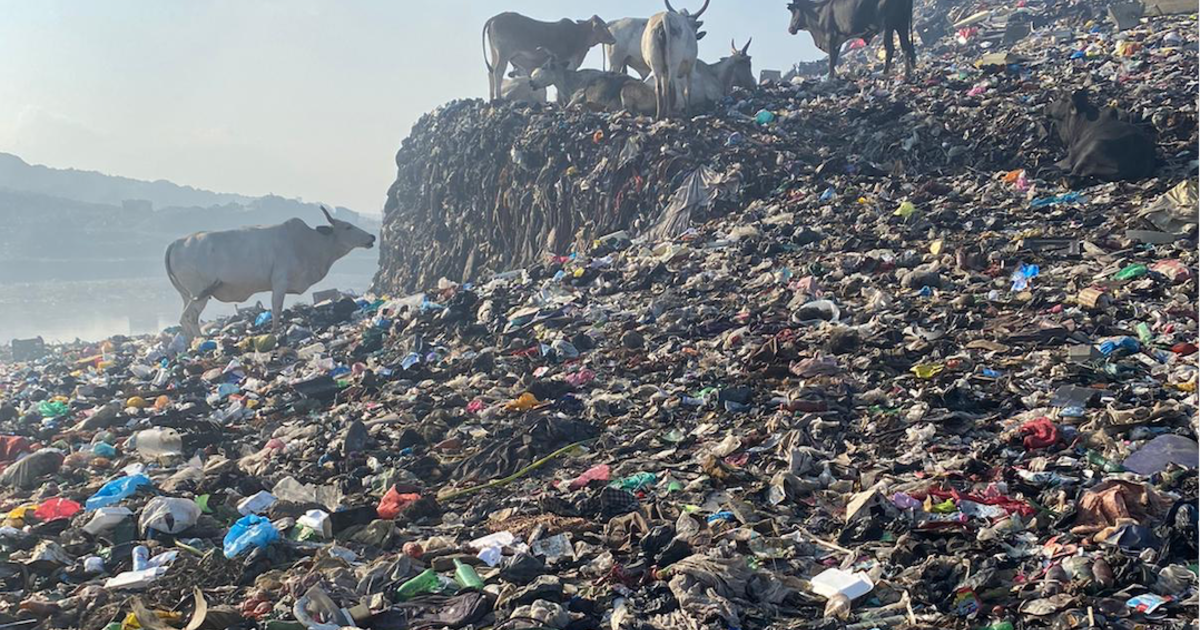 Fast fashion in the U.S. is fueling an environmental disaster in Ghana https://www.cbsnews.com/news/ghana-fast-fashion-environmental-disaster/
Fast fashion in the U.S. is fueling an environmental disaster in Ghana https://www.cbsnews.com/news/ghana-fast-fashion-environmental-disaster/

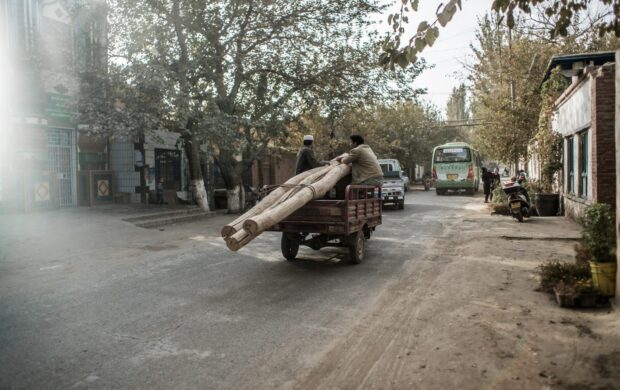
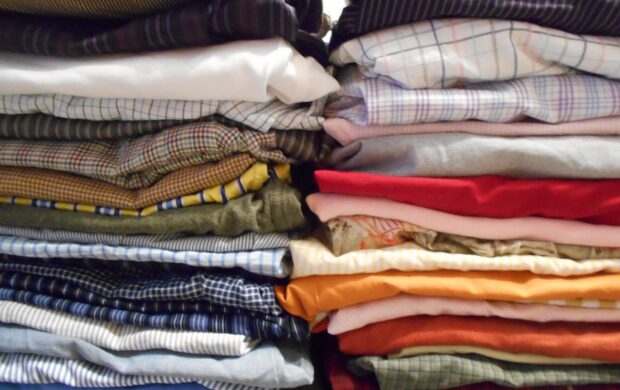
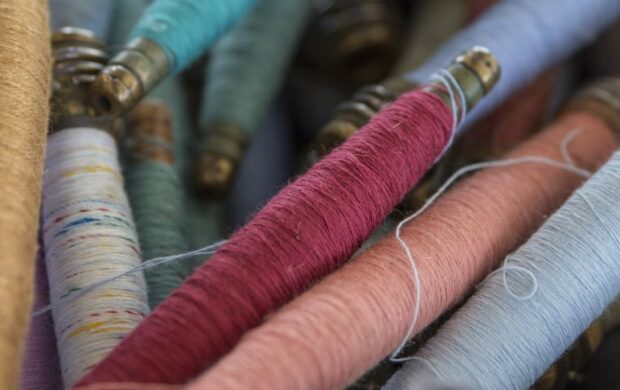
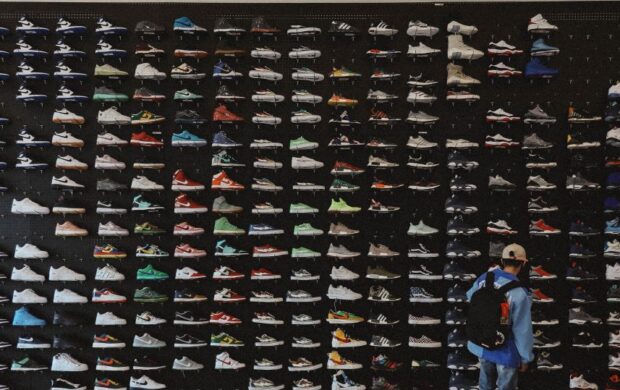
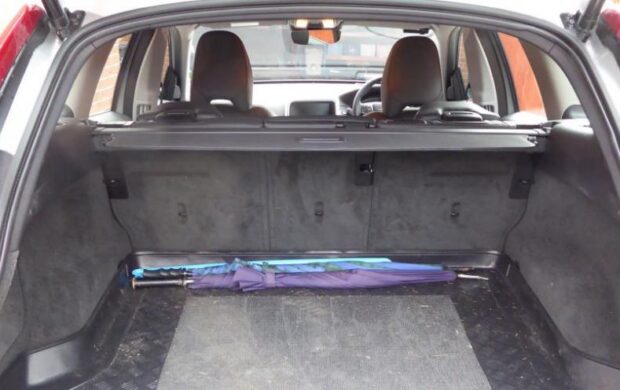
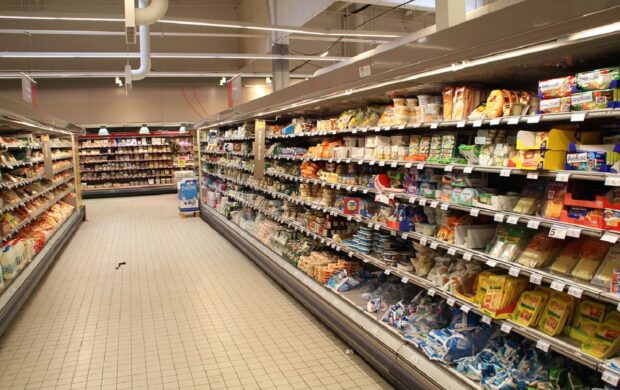
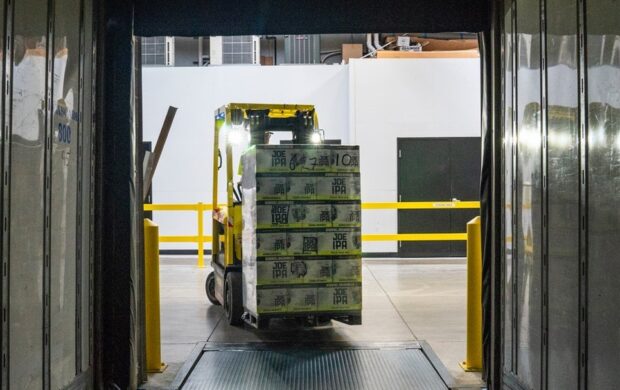






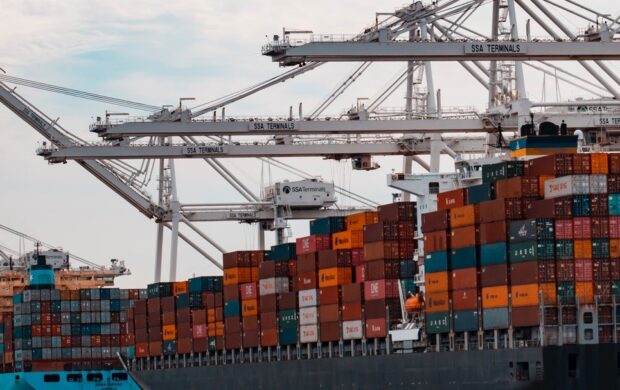

Join discussion